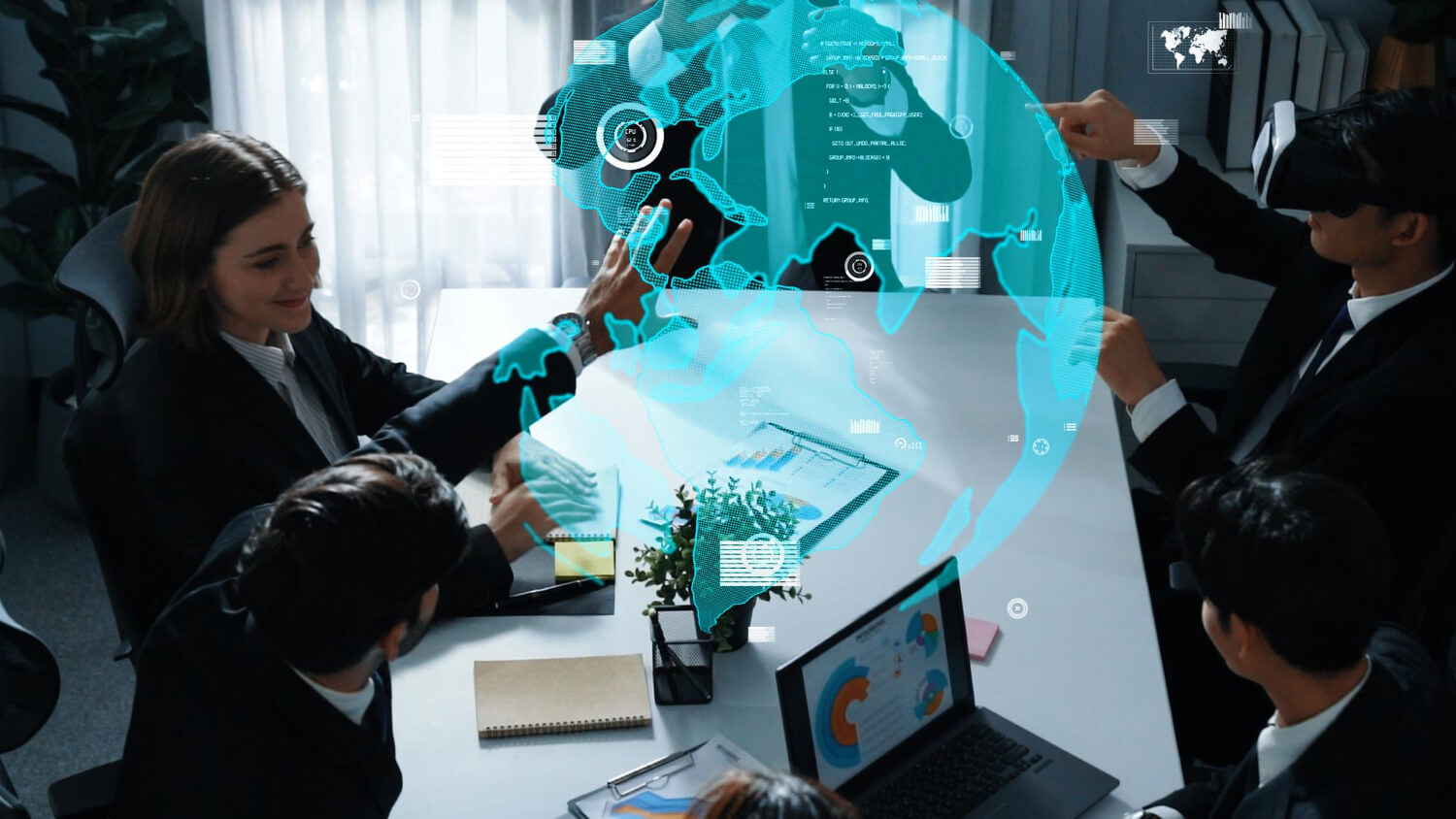In the rapidly evolving landscape of modern business, Artificial Intelligence (AI) has emerged as a transformative force, reshaping the way companies operate, make decisions, and interact with customers. This article explores the profound impact of AI on various aspects of business operations and how it’s driving innovation across industries.
Introduction
Artificial Intelligence, once a concept confined to science fiction, has become an integral part of business strategy in the 21st century. By mimicking human intelligence and learning from vast amounts of data, AI technologies are enabling businesses to achieve unprecedented levels of efficiency, accuracy, and innovation.
Enhancing Decision-Making Processes
Data-Driven Insights
AI’s ability to process and analyze enormous volumes of data in real-time is revolutionizing decision-making processes. Machine learning algorithms can identify patterns and trends that might be invisible to the human eye, providing executives with valuable insights to make informed strategic decisions.
Predictive Analytics
By leveraging historical data and current market trends, AI-powered predictive analytics tools are helping businesses forecast future outcomes with remarkable accuracy. This capability is particularly valuable in areas such as demand forecasting, risk assessment, and resource allocation.
Automating Routine Tasks
Robotic Process Automation (RPA)
AI-driven RPA is transforming back-office operations by automating repetitive, rule-based tasks. This not only increases efficiency but also reduces errors and frees up human employees to focus on more complex, value-added activities.
Intelligent Document Processing
AI technologies like Natural Language Processing (NLP) and computer vision are revolutionizing document handling. These systems can automatically extract, categorize, and process information from various document types, significantly reducing manual data entry and processing times.
Personalizing Customer Experiences

AI-Powered Chatbots and Virtual Assistants
AI-driven chatbots and virtual assistants are transforming customer service by providing instant, 24/7 support. These systems can handle a wide range of customer queries, freeing up human agents to deal with more complex issues.
Personalized Recommendations
E-commerce giants like Amazon have long used AI to provide personalized product recommendations. This technology is now being adopted across various industries, from content streaming to financial services, enhancing customer engagement and driving sales.
Optimizing Supply Chain and Logistics
Intelligent Supply Chain Management
AI is revolutionizing supply chain operations by optimizing inventory levels, predicting maintenance needs, and improving route planning. This leads to reduced costs, minimized downtime, and enhanced overall efficiency.
Autonomous Vehicles and Drones
The development of AI-powered autonomous vehicles and drones is set to transform logistics and delivery services. These technologies promise faster, more efficient, and potentially cheaper transportation of goods.
Enhancing Product Development and Innovation
Generative Design
AI algorithms are being used in product design to generate numerous design alternatives based on specific parameters. This approach, known as generative design, is accelerating the product development process and leading to more innovative and efficient designs.
Accelerated R&D
In industries like pharmaceuticals and materials science, AI is speeding up the research and development process. Machine learning models can predict the properties of new compounds, significantly reducing the time and cost associated with traditional experimentation methods.
Improving Cybersecurity
Threat Detection and Response
AI systems are becoming increasingly crucial in cybersecurity, capable of detecting and responding to threats in real-time. Machine learning algorithms can identify unusual patterns that might indicate a security breach, allowing for swift action to protect sensitive data.
Fraud Prevention
In the financial sector, AI is playing a pivotal role in fraud detection. By analyzing transaction patterns and user behavior, AI systems can flag suspicious activities with a high degree of accuracy, helping to prevent financial crimes.
Challenges and Ethical Considerations

While the benefits of AI in business operations are clear, its implementation is not without challenges:
- Data Privacy and Security: As AI systems rely on vast amounts of data, ensuring the privacy and security of this information is paramount.
- Workforce Displacement: The automation of certain tasks may lead to job displacement, necessitating reskilling and upskilling initiatives.
- Ethical Use of AI: Businesses must navigate the ethical implications of AI, ensuring fairness, transparency, and accountability in their AI systems.
- Integration with Existing Systems: Implementing AI often requires significant changes to existing IT infrastructure and business processes.
Conclusion
The role of AI in revolutionizing business operations is undeniable and far-reaching. From enhancing decision-making processes to personalizing customer experiences and optimizing supply chains, AI is driving efficiency, innovation, and competitive advantage across industries. As AI technologies continue to evolve, their impact on business operations is only set to grow.
However, the successful integration of AI into business operations requires careful planning, a commitment to ethical practices, and a willingness to adapt to change. Companies that can effectively harness the power of AI while addressing its challenges will be well-positioned to thrive in the increasingly competitive and technology-driven business landscape of the future.




